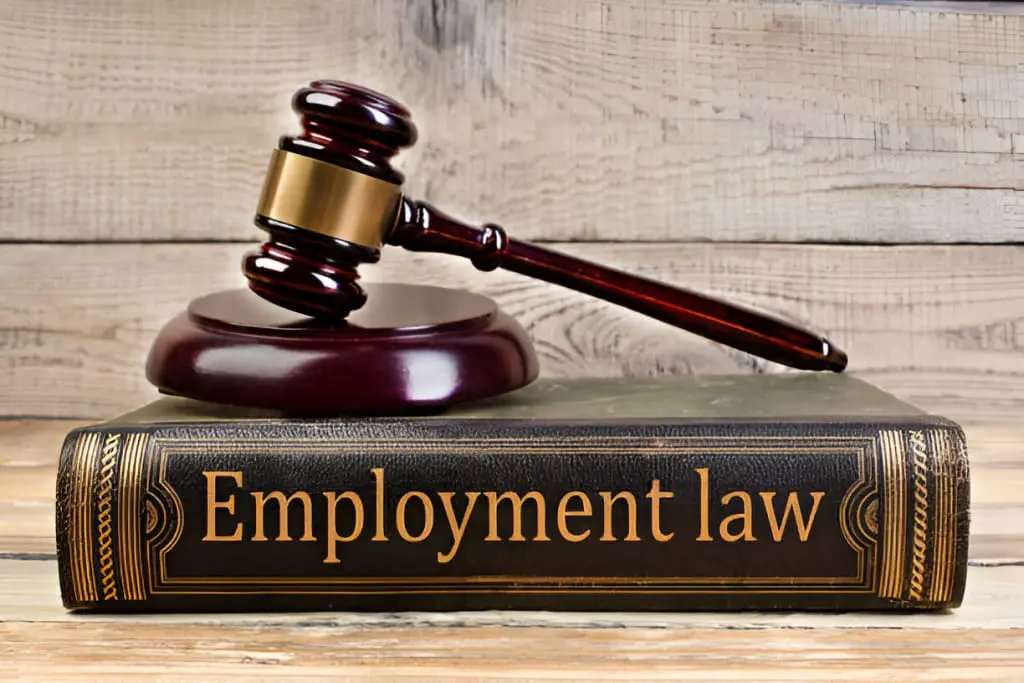
What Does a Family Lawyer for Custody Do?
A family lawyer for custody specializes in handling legal matters related to child custody and visitation rights. They represent parents or guardians in legal proceedings to determine who will have custody of a child and under what conditions. Here’s what a family lawyer can do in custody cases:
- Legal Advice and Representation: They provide expert legal advice on your rights and options, including how to approach negotiations or court hearings. If the case goes to trial, they represent you in front of a judge.
- Custody Agreements: Family lawyers help create custody agreements that reflect the best interests of the child, while also addressing the parent’s rights and responsibilities. They can help negotiate terms that are fair and equitable for both parties.
- Mediation and Settlement: Many custody cases can be settled through mediation or negotiations rather than going to court. A family lawyer can mediate between parents to work out an agreement outside of the courtroom, which can be less stressful for both parents and children.
- Contested Custody Cases: If you and the other parent cannot agree on custody terms, a family lawyer can take your case to court. They will present evidence, argue on your behalf, and help you pursue the most favorable outcome.
- Modification of Custody Orders: If circumstances change after a custody agreement has been established (such as a parent moving away, a job change, or a change in the child’s needs), a family lawyer can help you modify an existing custody arrangement to suit the new situation.
- Enforcement of Custody Orders: If the other parent is violating a custody order, a family lawyer can help enforce the agreement through legal channels, ensuring your parental rights are respected.
Types of Child Custody
Understanding the different types of child custody is essential when seeking legal guidance from a family lawyer. There are generally two main types of custody: legal custody and physical custody.
- Legal Custody: This refers to the right to make major decisions about your child's life, including education, healthcare, and religion. In most cases, courts prefer joint legal custody, meaning both parents share the decision-making power.
- Physical Custody: This refers to where the child will live. A parent with primary physical custody has the child living with them most of the time. Joint physical custody means the child spends significant time living with both parents.
Custody Arrangements
- Sole Custody: One parent has both legal and physical custody of the child. The other parent may be granted visitation rights.
- Joint Custody: Both parents share legal and/or physical custody. The child spends time living with both parents, and both have input in decisions related to the child's well-being.
- Split Custody: In cases with multiple children, each parent may have physical custody of one or more children.
When Do You Need a Family Lawyer for Custody?
A family lawyer for custody is essential when:
1. You’re Facing a Custody Battle
If you're unable to agree on custody with the other parent, a family lawyer can help you navigate the legal process, represent your interests, and work to secure the best outcome for your child.
2. Your Custody Arrangement Needs to Be Modified
If there's been a significant change in circumstances (such as one parent moving, a change in your child's needs, or a change in the parent's ability to care for the child), you may need to modify the existing custody order. A lawyer can help you petition the court for a modification.
3. The Other Parent Is Not Following the Custody Agreement
If the other parent is not adhering to the agreed-upon custody schedule, a family lawyer can help enforce the terms of the custody order and take legal action if necessary.
4. You Need Help Navigating Complex Custody Laws
Custody laws can be complex, especially when they involve factors like domestic violence, substance abuse, or the child's preference. A family lawyer has the expertise to guide you through these challenges and ensure that the child’s best interests are prioritized.
What Factors Do Judges Consider in Custody Cases?
Judges make custody decisions based on the best interests of the child. Factors they consider include:
- The child’s age, health, and emotional needs: Younger children may need more stability, while older children may have a stronger preference in the matter.
- Each parent's ability to provide for the child: This includes both physical and emotional needs.
- Parent-child relationships: The strength of the bond between each parent and the child is crucial.
- The child’s preference: Older children may have a say in their living arrangements, depending on their maturity.
- The stability of the home environment: A stable home environment is essential for the child’s well-being.
- History of abuse or neglect: Any history of domestic violence, substance abuse, or neglect will be a critical factor in determining custody.
- Cooperation between parents: Courts favor parents who can cooperate with each other in co-parenting.
How to Choose the Right Family Lawyer for Custody
Choosing the right family lawyer for custody can significantly affect the outcome of your case. Here are a few tips to help you choose the best attorney for your situation:
1. Experience in Custody Cases
Make sure the lawyer you choose has experience specifically in child custody cases. Their experience will enable them to navigate the complexities of custody laws and help you avoid common pitfalls.
2. Compassion and Understanding
Custody cases can be emotionally charged, so it’s important to choose a lawyer who is compassionate and understanding of your situation, and who can offer support during difficult moments.
3. Reputation and Reviews
Look for a lawyer with a strong reputation and positive reviews from previous clients. A trusted lawyer is likely to have a track record of success in custody cases.
4. Clear Communication
Choose a lawyer who communicates clearly and listens to your concerns. You need someone who can explain legal concepts in terms you understand and keep you informed throughout the process.
5. Cost and Payment Options
Ask about the lawyer’s fee structure and ensure that it aligns with your budget. Some family lawyers charge an hourly rate, while others may work on a flat fee basis or offer payment plans.
Benefits of Hiring a Family Lawyer for Custody
- Legal Expertise: Family lawyers specialize in custody law and are familiar with the best strategies to help you achieve your goals.
- Protecting Your Parental Rights: A lawyer ensures that your rights as a parent are upheld and that the best interests of your child are prioritized.
- Reduced Stress: Custody cases can be overwhelming. Having a lawyer on your side can reduce the stress of handling complex legal matters on your own.
- Better Outcomes: Lawyers can help you negotiate favorable custody arrangements and present a compelling case in court if needed.
Conclusion: Protecting Your Family’s Future
Child custody disputes are never easy, but with the right family lawyer for custody, you can ensure that your legal rights and your child's well-being are protected. Whether you’re entering a new custody arrangement or seeking modifications, having a skilled attorney can help guide you through the process and work towards a solution that benefits everyone involved.
If you’re dealing with a custody issue, reach out to an experienced family lawyer who can help you navigate the legal complexities and secure the best possible outcome for you and your child.






